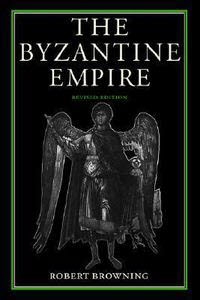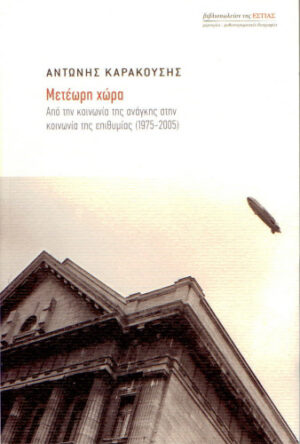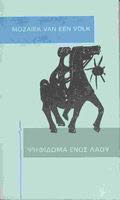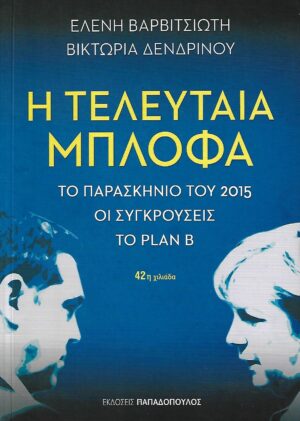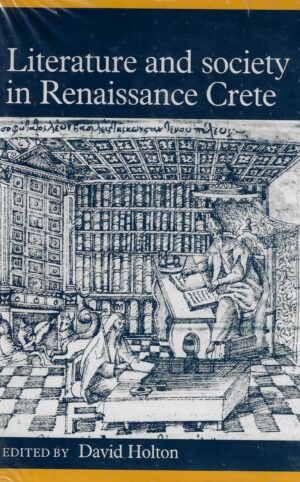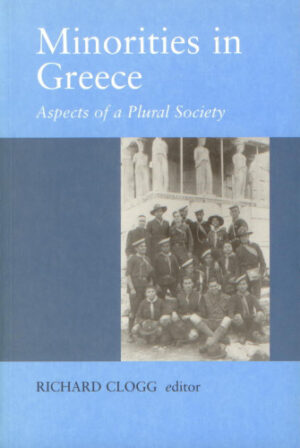This revised edition presents the history of the Byzantine Empire from the 6th to the 15th century, not merely in terms of political events, but also through the art, literature, and thought of Byzantine society. It emphasizes the constant tension between continuity and change, between conservation of the traditions of the Roman Empire of Augustus and Trajan and the Christian Roman Empire of Constantine and his successors on the one hand, and on the other, the need to react positively to the loss of the Latin-speaking west and the successive challenges offered by the Arab conquests, the Crusades, and the inexorable expansion of the Ottoman Empire. Browning rejects the almost traditional concept of decline and fall – an empire whose decline lasted a thousand years must have had an inner strength of its own – in favour of that of a changing and developing state that at some periods was the superpower of Europe. But great power status is always fragile, and the story of the Byzantines’ response to being overtaken by others is not without its lessons for today. The complex problems of relations between the Christian and Muslim worlds, and between the Catholic/Protestant western Europe and Orthodox eastern Europe (including Russia), cannot be understood without some acquaintance of Byzantine history. Addressed to the general reader as well as to students and scholars, this volume encourages readers to be wary of unconscious prejudice and to reject hasty and superficial solutions.

